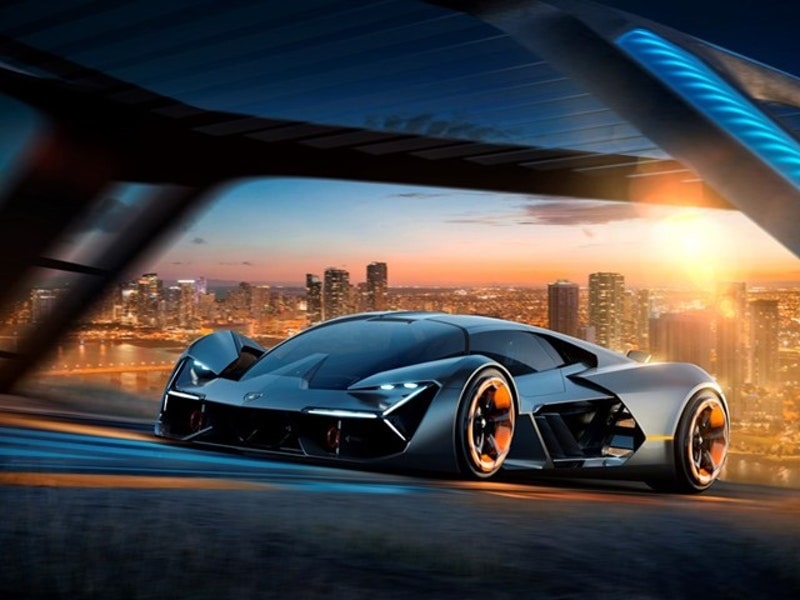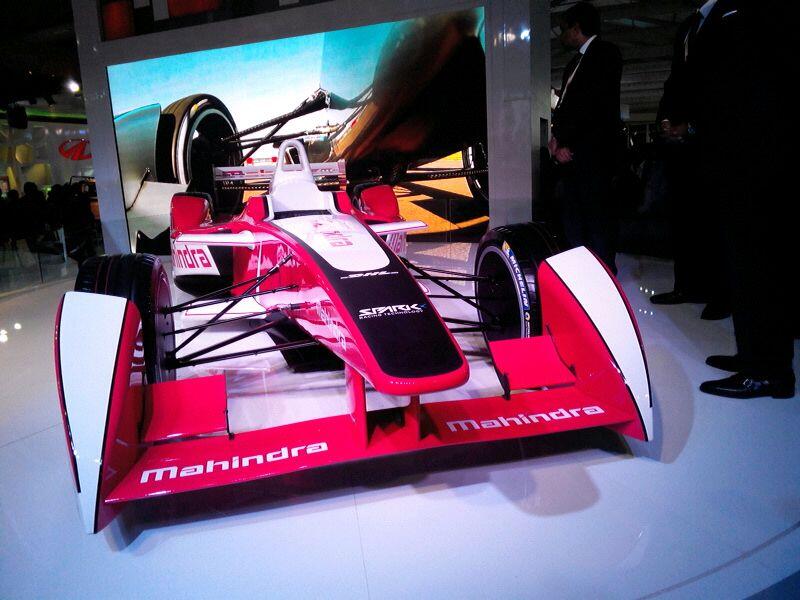
Would you participate in the development and construction, from scratch, of an electric racing car knowing that you will not receive a single euro of compensation?
A group of students from the Pontifical University of Comillas has done so, taking hours on weekends during the last school year and fine-tuning the single-seater during the month of August.
Maybe that’s why this student assures that, for him, the most complicated thing is to motivate other colleagues from the University to join and participate in the project. All the students who are part of this project are distributed the tasks involved in an entity of this nature.
First the studio, then the car.
This group of students has worked on this project almost out of love for art. In other words, they receive no financial compensation and have had to work on this car without interfering with their studies. In fact, that’s one of the first rules that everyone sets for themselves.
“This project doesn’t have to distract us from our studies, because they have to come first,” insists the club president. “We have to pass the subjects. In fact, there have been many people who have gotten into the club and had to leave because they did not arrive.
Thus, in the mornings they go to university while in the afternoons they devote themselves to study. “In the afternoons, evenings or weekends is when we do this,” although in times when there is more workload, “we do this almost exclusively.
The objective is to complement with a practical experience the theoretical formation received, being a first contact in real projects of engineering for students of the University. Obviously, many of these students already showed a passion for the motor world, but putting into practice part of the concepts acquired in the classes also acts as a point of support.
The dream of participating in Formula Student
The aim of these dedicated hours was to participate in Formula Student, a competition in which engineering students from all over the world compete in the design, development, construction and driving of single-seaters.
In this competition of engineering students, teams are evaluated not only by the race and the position in which they finish, but also by their response to static or dynamic tests. In addition, the development of the teams’ business model is also taken into account.
In other words, the student groups have to present a business plan as if they were really going to manufacture a thousand cars like the one presented in the competition, detailing the analysis of the costs of each process.
In fact, these parts make up half the competition score. Teams must present a project as if they wanted to set up a real company to manufacture the car.
Both combustion and electric cars are presented in Formula Student. This group of students opted for an electric model, given that they already had some experience in similar races but motorcycles.
These competitions are worldwide and involve universities from several countries. There is motorcycle competition (every two) and car competition (held every year).
The idea of two friends who ended up in a single-seater
Engineering students at the Universidad Pontificia de Comillas, who wanted to go one step further than their centre’s offer to carry out engineering projects.
That conversation convinced another 20 to 30 students in 2015 and together they created this association. “There were many research projects within the University, but nothing practical in which we students can glean and complement the information given at the university,”.

This is how these two former students had the idea of creating this association, in which the current president began as a student.
The first project they worked on was a gasoline motorbike in 2016. This vehicle participated in similar competitions. This experience motivated them to take the step to devise and manufacture a car and a new version of the motorcycle, this time also electric.
“It is a way to promote electric mobility and innovation,” says Juan Diaz Arteaga, who advises that this student association is immersed in the development of innovation projects related to industry 4.0.
The decision to also try to manufacture an electric car was influenced by the fact that, after that experience with the combustion motorbike, many other students were encouraged “all of a sudden” to join the association. “We started to be an important group of people and we thought we could take out some additional projects,” explains Arteaga.
In addition, “one of the complaints that there was in the first version of the motorcycle (combustion) is that there were people from the electric branches who wanted to get into the project and encourage electric mobility that could not.
Future engineers and a single tutor
This ICAI SpeedClub association is managed solely by students (from the second year of their studies to the master’s degree). At the moment about 76 people are involved, most of them industrial engineers, although there are also some telecoms.
Within the industrial branch, there are different specialties: electronic, electrical and mechanical. In addition, students from the other faculty of the Pontifical University of Comillas (ICADE) also participate to help them with accounting, management, treasury and legal aspects of the project.
When a last-minute failure prevents you from participating in the race
The Formula Student competition was held at the end of August in Montmeló (Barcelona). To prepare the competition, these students spent the whole month of August finalizing the tuning of the car. But, as in the best movies, a last-minute failure got in the way.
As these students explain to us, one week before the competition, when testing the electrical transmission a problem with the inverter occurred and the resistor burned out. “It is an expensive piece that takes a month to arrive”, so it was impossible to carry out the race. As you can see in the photo, the team competed, but the car had to be pushed by the students because this failure prevented it from functioning.
But, as we’ve seen before, the race isn’t everything. So, although this failure prevented these students’ car from running in Montmeló, this group of future engineers were evaluated by the design of the car and the business plan.
In fact, in Formula Student it is normal that many of the teams can not run on the circuit. Of the 36 teams presenting themselves this year, only 16 were able to do the dynamic tests on the circuit. Juan Diaz Arteaga, President of ICAI SpeedClub, is proud: “Only 3 teams that participated were novices. And we were the first.
Although with the sad feeling that his creature could not run, the students have a good memory of this experience. Also, according to José Antonio Fernández, Team Leader of the project, in the evaluation of these static tests have received many good comments. They have even advised them on the possible failures and successes in the design of their car.
So much so that, although at first the students thought of competing with this same car next year, this academic year 2018-2019 will bet on a new design.
And although in principle the 15 students most involved in the project of the electric car thought to abandon this initiative and give way to new students, the truth is that, except for one who goes to study abroad, the rest plans to go ahead and participate, again, in the race of 2019 with the aim of, this time yes, to make the car cross the asphalt of Montemló.

